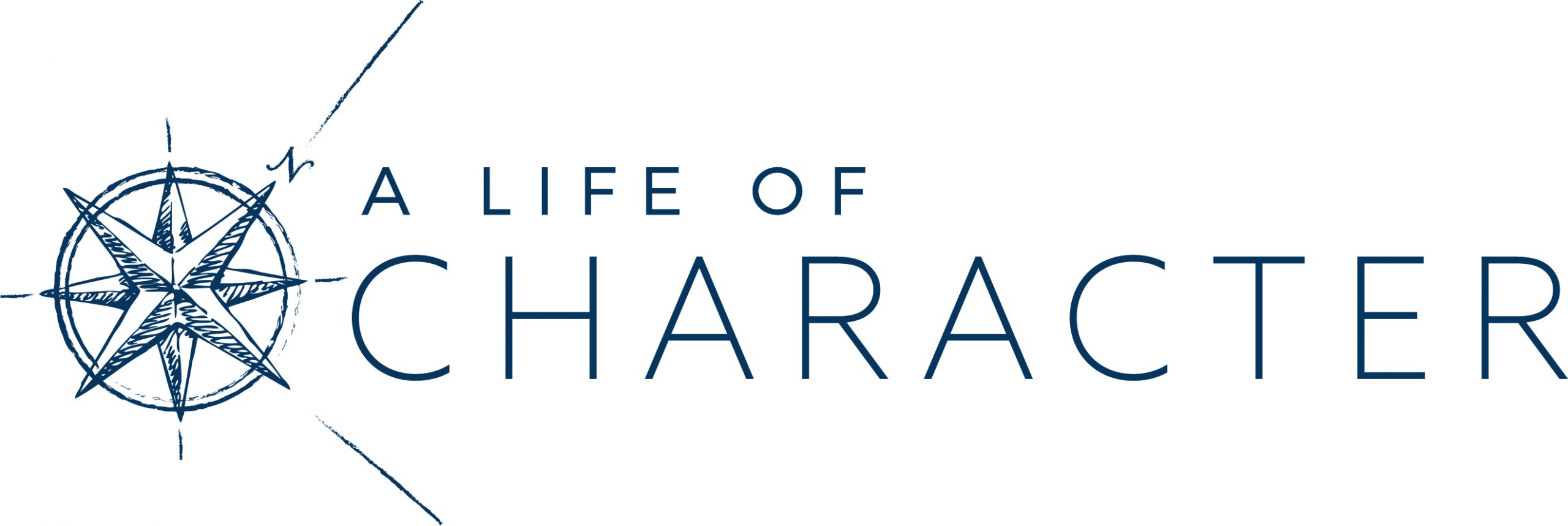By Kelechi Udoagwu
“Intuition is a very powerful thing, more powerful than intellect, in my opinion.”
― Walter Isaacson, Steve Jobs
I’ve had a strong sense of intuition and leaned into it from a young age. After reading tons of grown-up self-help books from my dad’s library before I was a teenager, I developed a strict morning routine as young as 12 years old.
I’d wake up early, do stretches, pray, and read something before going to class with my friends in boarding school. I did this without pressure or external influence, and most of my peers thought I was unusual.
For me, however, it was intuitive. I had read that happy, successful adults woke up early, exercised regularly, and prepared their minds in the morning through prayer or meditation, so it was something I decided to do.
Reflecting now, I understand that my early habits were an outflow of an intuitive nature, combined with years of (older) people’s experiences from the books I read. I had subconsciously absorbed the lessons that aligned with my moral character and meshed it to become the adult that I am.
Fast-forward to 2020
During this COVID-19 pandemic, I have noticed myself feeling anxious, irritable, scared, and angry often. It has been tough to deal with these emotions because of the widespread fear in the air, social distancing rules, non-essential travel ban, and uncertainty about if things would go back to normal. So I turned to my first love: self-help.
The Myers-Briggs theory is one of my favorite insights into the human mind, so of course, I took the quiz—again. For me, taking personality tests is like looking in the mirror. I remember who I am, and I’m able to handle life better.
Taking the quiz, delving into the guidebooks, and thinking helped get me to a place of strength, and I have begun to feel like myself again. The test highlighted a fundamental detail about my personality, which was no doubt, one of the causes for my feelings of fear, anxiety and anger.
Related Posts
Getting Comfortable with Making Intuitive Decisions
You see, I am almost 100% intuitive, as opposed to observant. This means that I look within for answers and not outside. Observant people pay attention to their surroundings and get answers by studying the culture around them. In contrast, intuitive people pay more attention to their instinct and get answers from inner principles, a strong moral core, and years and years of assimilated experience – theirs and others.
That is why twelve-year-old me would read books, pray, and make decisions without needing outside counsel. My personality type has more conversations with her mind than with real human beings.
Realizing this helped me understand the emotions the pandemic brought out of me. Because since the crisis began, I had been paying more attention to my environment and culture, and less to my intuition and soul. I was continually absorbing fear from the world, social media and daily news, that I forgot to check in with my inner self to make sure she’s okay, and have our usual uplifting conversations.
Since then, I have reduced my social media intake and now focus on volunteering in my local community rather than keeping up with the news cycle and trying to change the world through tweeting.
I highly recommend reliable personality quizzes if you’re struggling with something, and need to gain perspective on yourself.
Intuition and observation.
The 16 personalities quiz, created on the foundation of Carl Jung’s introversion and extroversion concept, and Myers-Briggs type theory, assesses human personality on five scales: mind, energy, nature, tactics, and identity.
Of the five, I am most interested in energy, which is the information we focus on and how we see the world.
At one end of the energy scale is intuition, and the other end, observation. While intuitive individuals are happier with ideas, abstractions and novelty, observant individuals prefer facts, tangible things, and practicality.
Where intuition and observation collide
At first glance, it may seem like observant individuals would fare better in the world than intuitive people, but both are equally strong perspectives that can be honed. The first step is to know which you are, which means studying yourself, maybe take a personality test, and then working to fill the gaps.
Our intuition improves when used. We may be born with different levels, but it becomes more potent as we use and listen to it. It’s like a superpower, and if you leverage yours, the benefits could be exponential.
Intuition draws from your innate nature and decades of experiences that you’ve absorbed through participation and observation. Our brains pick up cues and patch them into short codes that manifest as gut feelings or a sixth sense.
In other words, our intuition shapes our actions and reactions, which shapes our experiences, which, in turn, develops our intuition.
Intuitive thinking is faster than rational thought. It’s a valuable gift for everyone to assist decision-making, especially when there is no time to think or observe in times of disorder.
Hone your intuition to make better decisions
Being intuitive is not about ignoring reality or braving dire consequences because you trust your hunches blindly. It is believing that when conscious thought is hard to coordinate, you can lean on the smart energy within you, a sixth sense personalized just for you, a backup for emergencies.
You can improve your intuition by allowing your subconscious to take over more often. Start with low-risk situations if you’re naturally more observant than intuitive. When you allow your intuition to speak up more, you give it room to grow.
Intuitive characters are adaptable. We find it easier to react to situations right in front of us. I think this is because, regardless of the environment, we draw our strength from within. We have trust that we’ve been wired to survive.
Photo by Xan Griffin on Unsplash


